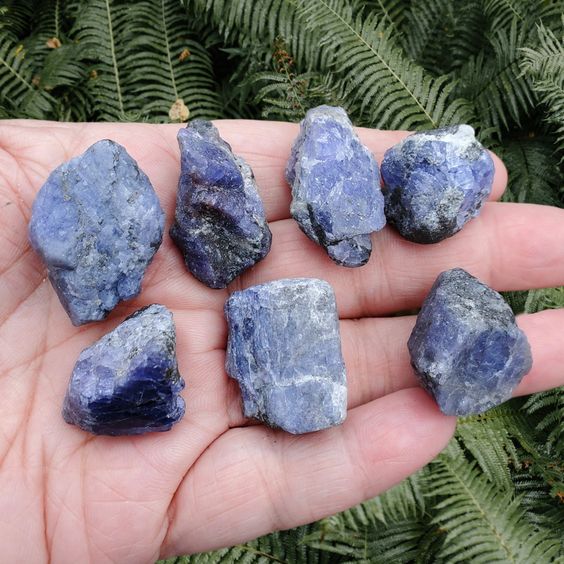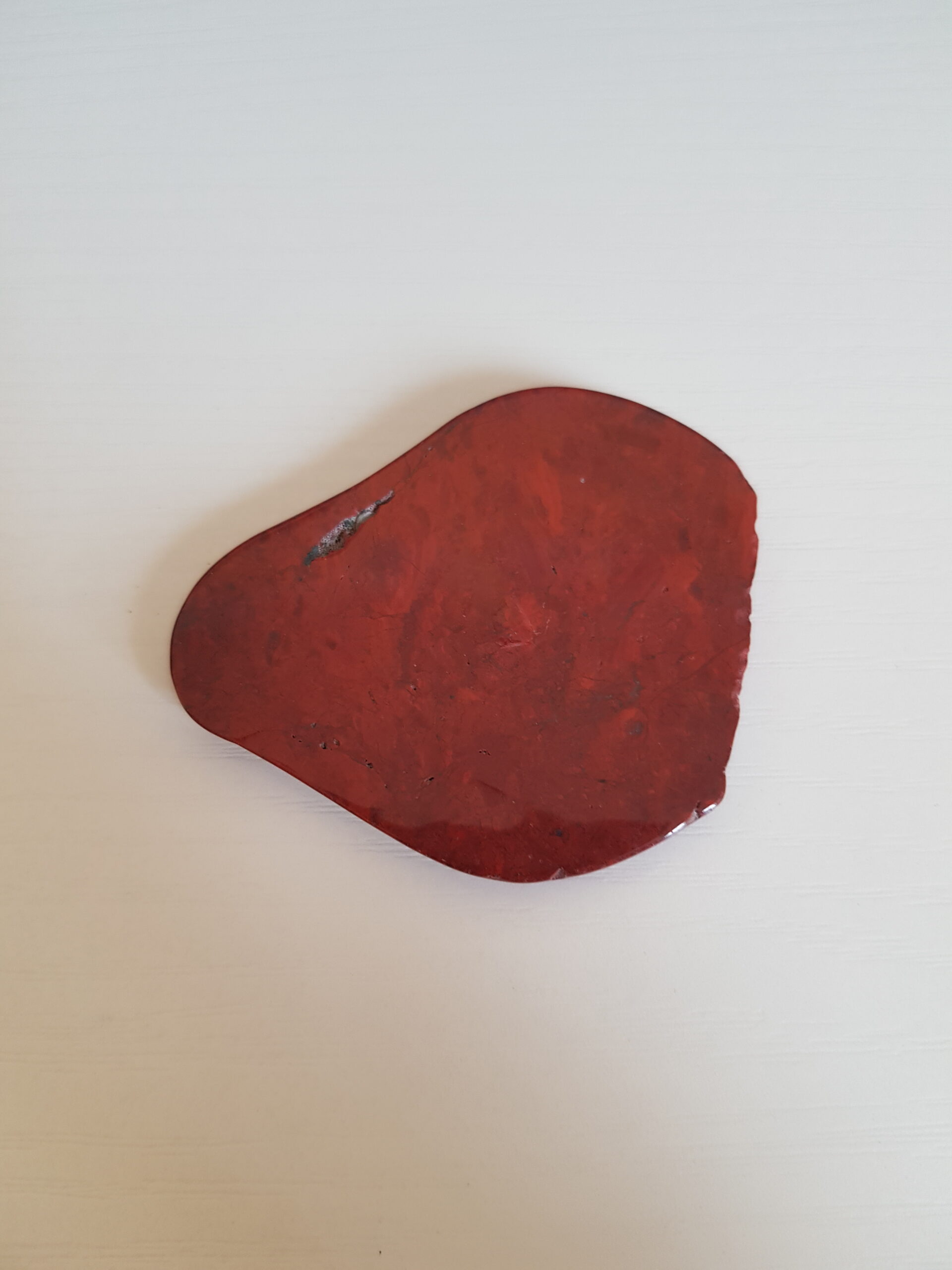CAN HOMEOPATHY HELP WITH CHRONIC PANCREATITIS?
Pancreatitis is an inflammatory condition that affects the pancreas.
The symptoms are very much like the symptoms of other conditions like: IBS or colitis. This is because the digestive organs are all, well, there, more or less in the same spot. Therefore, unless tests and scans are done, it is difficult to tell which organ is at the origin of the problem.
From the homeopathic point of view, the symptoms and the sensation is what we are really looking at, which, in a way, makes things simpler.
Symptoms include:
-pain in the upper abdomen
-bloating of the stomach
-diarrhea
-nausea
The root causes of pancreatitis are still unknown, according to conventional western medicine.
Traditional Chinese Medicine, Ayurveda and other ancient form of natural medicine know that stress, anger or grief are usually related to digestive issues in general. In TCM, for example, the liver is the seat of the emotions and suppressed anger or stress for a sunstained period of time, can affect liver function. In turn, an unhealthy diet full of fatty foods and alcohol, can overburden the liver, making digestion sluggish and affect the mood and even brain function.
THE HOMEOPATHIC APPROACH
As usual, homeopathy treats the individual, not the condition. Patients with digestive issues, usually come to see me after extensive medical tests and scans, however, these are often inconclusive and the patient is left in doubt as to the exact diagnosis. Like I said previously, the pancreas may not be the only affected organ and the symptoms can be confused with other conditions.
One symptom that is always present, however, is long term suppression of emotional issues. It is interesting to hear during the consultation, how the symptoms started shortly after a traumatic event, like a divorce or after starting a very stressful job for example.
One of the principles of homeopathy is that dis-ease is never random, there is always a reason for symptoms to manifest in a particular way at a particular time. This is why it is always useful to ask the patient questions in order to create a “timeline”: to see important landmarks, like bereavement, marriage, divorce, new job, losing a job and so on.
CASE STUDY
A lady in her early forties came to see me, because of chronic pain in her upper abdomen, nausea and bloatedness. She was quite slim, was very careful with her diet, yet, whatever food she tried she felt this nausea. It was so bad that she gradually lost her appetite, her social life suffered, she became depressed. Her doctors could not decide what exactly was wrong: they mentioned inflammation of the pancreas as a possibility and referred her to a nutritionist, but no diet worked.
During the first consultation, she explained how her stomach was always delicate, even as a child, however, she never had any major issues until she found out about her ex-husband affairs.
She was obviously heartbroken and upset, however, she tried to keep the marriage together for the sake of her children, who were quite young then.
Unfortunately, the state of the marriage did not improve and divorce was the only option. She did not regret the divorce, she was trying to move on with her life, however, she still had to co-parent her children with her ex-husband and that was a major source of frustration, as they did not see eye to eye on many issues.
Once again, for the sake of her children, she did her best to present a calm front, even though she really suffered inside and broke down in tears a few times during our consultation.
THE HOMEOPATHIC SOLUTION
The physical symptoms were clearly an indication that her digestive system was badly affected and the suppressed emotional turmoil she had lived through for so many years was possibly the root cause of that.
For that reason, I gave her the remedy Ignatia Amara, which is a very well known homeopathic remedy that helps with grief and generally physical symptoms from receiving bad news.
It is not a coincidence that Ignatia Amara has also an affinity with the digestive system. The typical picture of Ignatia presented to students of homeopathy is that of a teenager who suffers a great disappointment in love: the depression/anger can also manifest in loss of appetite (Ignatia is one remedy successfully given for some cases of anorexia) or the opposite: excessive comfort eating. Stomach pain, nausea when receiving bad news are also common symptoms covered by this remedy.
This lady had obviously been disappointed in her marriage; worse: betrayed and she had to stuff her emotions inside in order to keep a steady home life for her children.
RESULT
The remedy started to improve her mood at first: at the follow up session she looked much brighter, there were no tears this time and she was looking forward to meeting someone for a date. Two months after starting taking Ignatia, her appetite improved, she could finally enjoy eating out again. I did not need to see her a third time, as she happily announced that her digestion issues were now under control and she felt happy! I simply advised her to stop taking the remedy and that was the last time I saw her!
It is important to understand that, in homeopathy, you stop taking the remedy once you feel better or the symptoms are completely gone. It is what I call “quit while you are winning”. Compare that with conventional western medicine that tells you to take this or that drug for the rest of your life, when you have a chronic issue.
To book your Free 20 minute Assessment Session with me, click here



